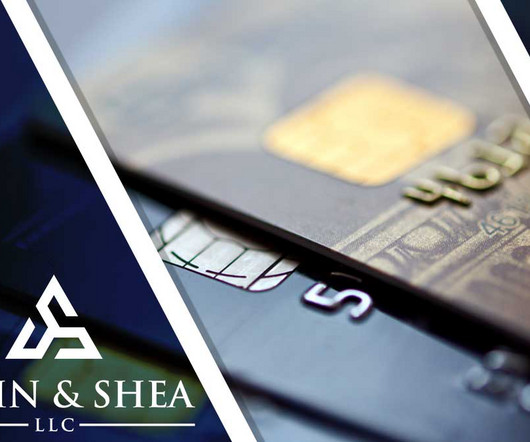Secured vs Unsecured Debt: Everything You Need to Know
Sawin & Shea
NOVEMBER 15, 2023
Put simply, Chapter 7 is a liquidation while Chapter 13 is about reorganization. In the case of a Chapter 7 bankruptcy , the court appoints a trustee who is in charge of selling off (liquidating) a debtor’s non-exempt assets. Secured vs Unsecured Debt: What’s the Difference?











Let's personalize your content